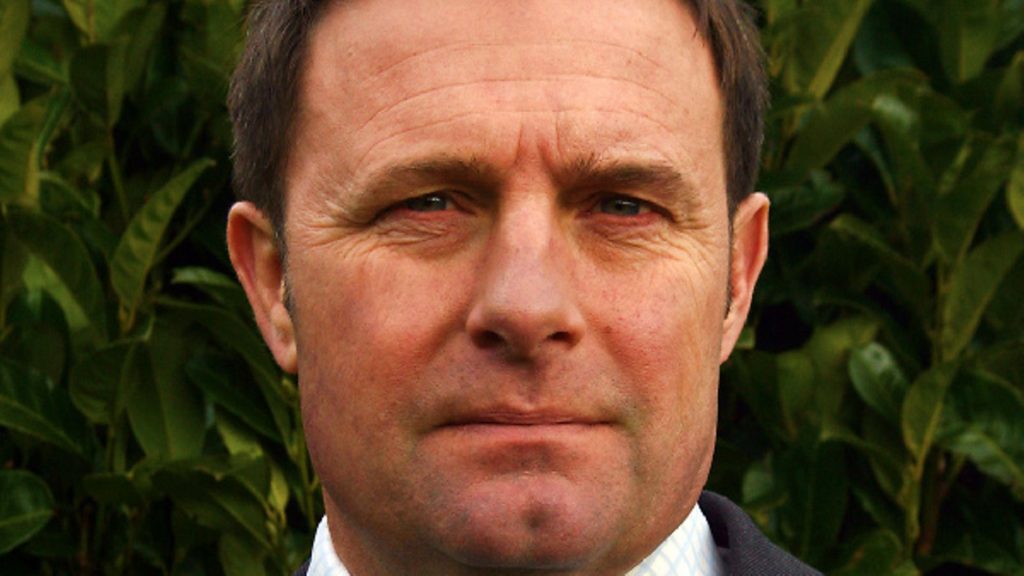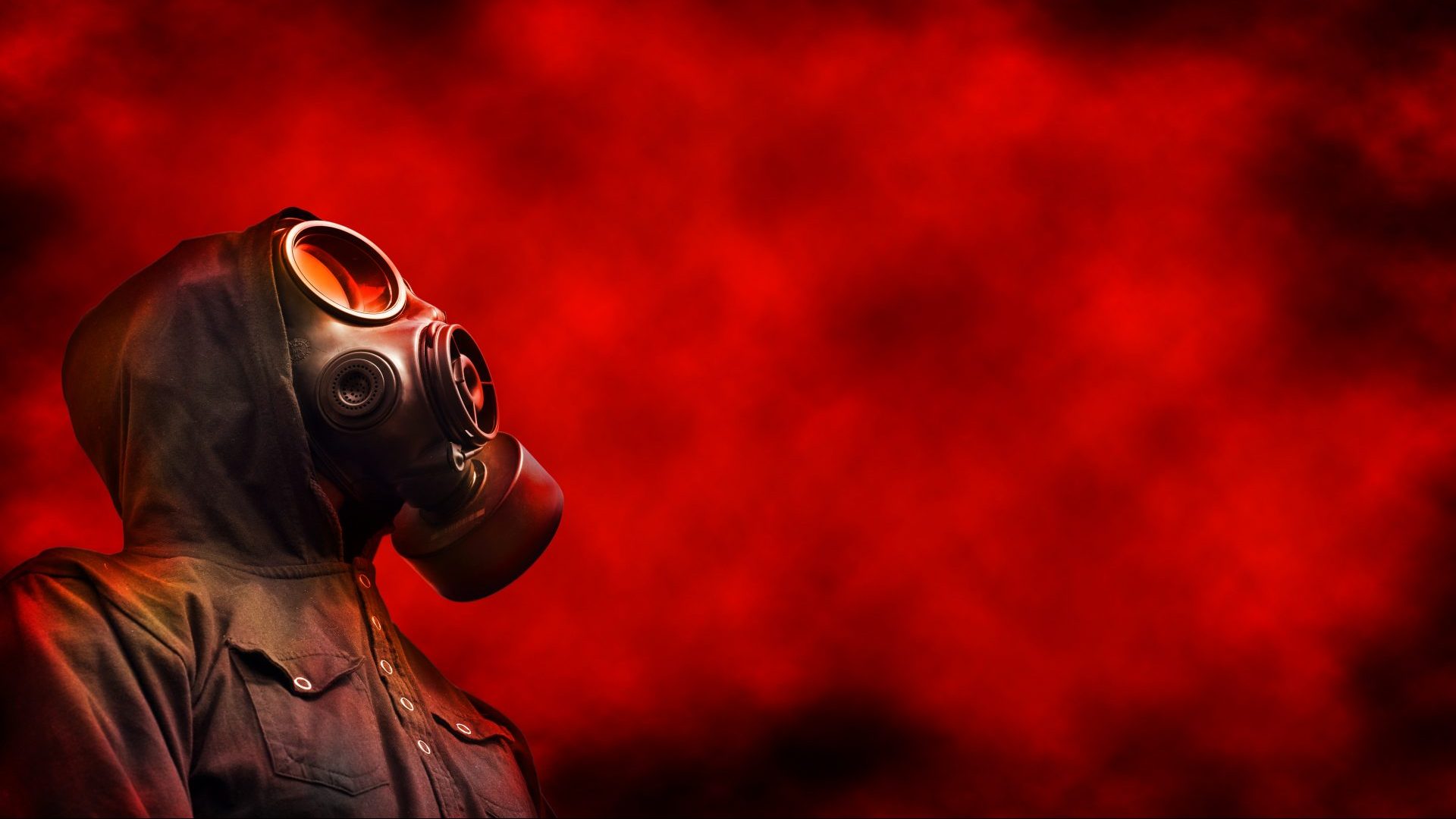The last time I spoke to chemical weapons expert Hamish de Bretton-Gordon, in September 2020, was to interview him about his autobiography, Chemical Warrior. The headline on the eventual article was ‘Is the West too complacent about Vladimir Putin’s threats?’.
I’m sure he takes no pleasure, I say, speaking to him again, but it’s very prophetic.
“Well, yeah,” he says. “Absolutely. Yes, a bit of luck, I suppose.”
It’s not luck – de Bretton-Gordon, who has worked with a task force in Syria, not only training doctors in dealing with chemical attacks, but taking great personal risks in attempting to get proof of them out of the country, knows of what he speaks. And we speak on the day when Boris Johnson has warned that Putin’s regime may be preparing to use chemical weapons in Ukraine.
“I think Putin’s seen how successful they’ve been in Syria keeping Assad in power, but most importantly in winning battles in towns and cities,” says de Bretton-Gordon.
“The example I give is Aleppo – there was broadly a conventional fight in Aleppo and the Russians and the Syrians got nowhere. They used 13 days of barrel bombs and broke the siege. They repeated that a year later in Ghouta and a year after that in Douma, so if you’ve got no morals or scruples they’re brilliantly effective weapons.”
If barrel bombs sound crude, that’s because they are – 150l cylinders full of liquid chlorine dropped from helicopters. “Very unsophisticated but very effective,” says de Bretton-Gordon. “Basically your lungs collapse and you drown in your own mucus.”
Syria, de Bretton-Gordon’s area of expertise, has been a dry run for Putin, he believes. “It’s been a five-year battle lab for him, testing his new equipment and new sort of modus operandi, absolutely. Which he’s now playing out almost to the letter in Ukraine.”

The Russian president, he thinks, “doesn’t care” about the myriad of international laws a chemical or biological attack would break.
“It’s against the Geneva Convention, chemical weapons conventions. He seems to be unencumbered by the rules of war and the International Criminal Court and everything else. He ignores them completely for his own ends.
“He’s made a lot of odd decisions recently, which makes you suggest that perhaps he’s not entirely in full control of his mind.
“He would appear to have a free hand. I mean, he’s a dictator and has been in power for – what is it? – 20 years or so. One hopes that within his chain of command there are some level heads, but his right-hand man, Lavrov, seems as wacky as him, so it’s a concern but hopefully there are people there who can prevent him hitting that red button.”
Putin, he says, “wants overall control of Ukraine”.
“He wants Ukraine to surrender to him so that he can shape it in the way that he desires. He’s already done with Syria, which is in effect a Russian satellite state. He wants the same for Ukraine.”
We are also speaking on the day the United Nations security council meets at Russia’s request to discuss Moscow’s widely-derided claims of biological warfare labs in Ukraine. “It’s a false flag straight out of their Syrian playbook,” says de Bretton-Gordon, who has himself been decried as an MI5 stooge by Putin supporters in the past. “So cynical it’s almost laughable.”
Should chemical weapons be a red line for the West, as it was for President Obama in Syria, before he failed to enforce it?
“They should do, but I doubt it,” he says. “What we’ve got to avoid is going nuclear. We have to play it very carefully. We need to enable the Ukrainian military to be able to take out some key Russian assets if he uses chemical weapons.” Assets in Ukraine, I check. “Or in the environs of.”
He says: “I think we have to be very careful, because… ultimately we’ve got to avoid conflict with the Russians because that would go nuclear. So I think we have to enable the Ukrainians. I think they’re doing incredibly well, conventionally Russia is losing and we need to get Putin to the negotiation table so that we can find some sort of solution that doesn’t result in hundreds of thousands of Ukrainians being killed and nuclear war.”
The best case scenario, he says, is “a rapid peace, basically, and then taking it from there, rebuilding Ukraine, removing Russian forces, but… you know, I’m not sure that’s likely at the moment. I think we’ve got some really very, very challenging weeks ahead.”
The worst case scenario, of course, is nuclear war. But would even a Putin “not entirely in full control of his mind”, as de Bretton-Gordon puts it, take the ultimate step when he knows it would guarantee Russia’s destruction too?
“But then does he care?,” he asks.
“I don’t think he has the same moral compass that the rest of us have. He thinks that we’re weak in the West and we won’t do anything, so he thinks threatening to use nuclear weapons is the best way to keep us at arm’s length.”










